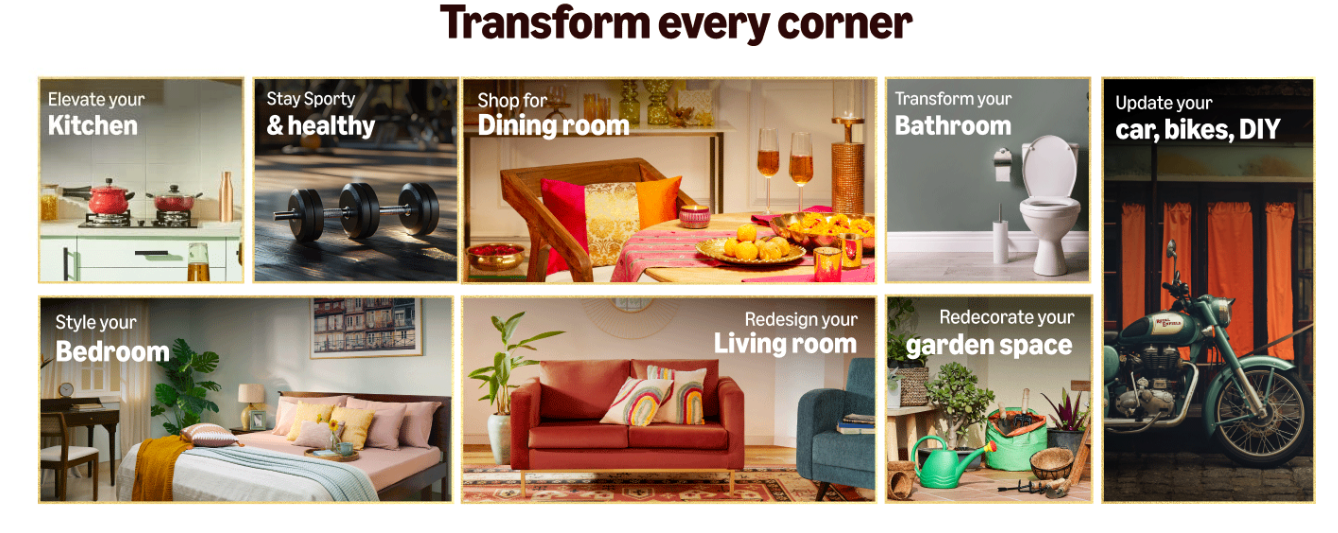Impulse buying is a common phenomenon where consumers make unplanned purchases. This can often lead to buyer’s remorse, cluttered homes, and strained finances. Understanding the psychology behind impulse buying can help us make smarter shopping decisions. In this blog post, we’ll delve into the reasons why we impulse buy and provide practical tips to curb this behavior.
Table of Contents
What is Impulse Buying?
Impulse buying refers to the sudden, unplanned decision to buy a product or service, made just before the purchase. These decisions are often driven by emotions and immediate gratification rather than rational thought and long-term planning.

The Psychology Behind Impulse Buying
Several psychological factors contribute to impulse buying. Here are some key elements:
- Emotional Triggers:
- Example: After a tough day at work, you might buy a treat or a new gadget to boost your mood.
- Explanation: Emotions such as stress, sadness, or even happiness can lead to impulse purchases as a way to regulate our feelings.
- Social Influence:
- Example: You see a friend posting about their new purchase on social media, and you feel the urge to buy something similar.
- Explanation: We are social creatures and often seek validation and belonging. Seeing others’ purchases can trigger a desire to keep up.
- Sales and Promotions:
- Example: You didn’t plan to buy a new pair of shoes, but a “50% Off Today Only!” sign lures you into the store.
- Explanation: Limited-time offers and discounts create a sense of urgency and scarcity, making us feel like we’re missing out if we don’t buy now.
- Product Placement and Store Layout:
- Example: You go to the store for milk and end up buying snacks placed strategically near the checkout counter.
- Explanation: Stores are designed to encourage impulse buying through strategic product placement and an enticing store layout.
- Cognitive Dissonance:
- Example: You justify buying an expensive gadget because you “deserve it” after working hard.
- Explanation: Cognitive dissonance occurs when we experience mental discomfort from holding two conflicting thoughts, such as wanting to save money but also wanting to reward ourselves. We resolve this discomfort by making the purchase.
How to Make Smarter Shopping Decisions
Understanding the triggers behind impulse buying can help us take control of our purchasing habits. Here are some strategies to make smarter shopping decisions:

- Make a Shopping List and Stick to It:
- Example: Before heading to the grocery store, make a list of items you need and commit to buying only those items.
- Tip: Keep your list visible and check off items as you go to stay focused.
- Set a Budget:
- Example: Allocate a specific amount of money for discretionary spending each month.
- Tip: Use cash or a prepaid card to avoid overspending.
- Implement a Waiting Period:
- Example: If you feel the urge to make an impulse purchase, wait 24 hours before buying.
- Tip: During this waiting period, evaluate whether you really need the item and if it fits into your budget.
- Avoid Shopping When Emotional:
- Example: If you’re feeling stressed or upset, find other ways to cope, such as going for a walk or talking to a friend.
- Tip: Recognize your emotional triggers and find healthier ways to manage your emotions.
- Unsubscribe from Promotional Emails:
- Example: Reduce temptation by unsubscribing from retailer newsletters that bombard you with sales and promotions.
- Tip: Use apps or services that help you declutter your inbox.
- Mindful Shopping:
- Example: Practice mindfulness by asking yourself questions like, “Do I need this?” or “How will this item improve my life?” before making a purchase.
- Tip: Reflect on your long-term goals and how the purchase aligns with them.
Conclusion
Impulse buying is driven by a complex mix of emotions, social influences, and marketing tactics. By understanding the psychology behind this behavior, we can develop strategies to make smarter, more intentional shopping decisions. Implementing these tips can help you save money, reduce clutter, and achieve greater satisfaction with your purchases. Remember, the key to curbing impulse buying is awareness and deliberate action. Happy smart shopping!
Disclaimer: This blog post is intended for informational purposes only and does not constitute financial or psychological advice. Always consult with a professional for personalized guidance tailored to your specific circumstances.





